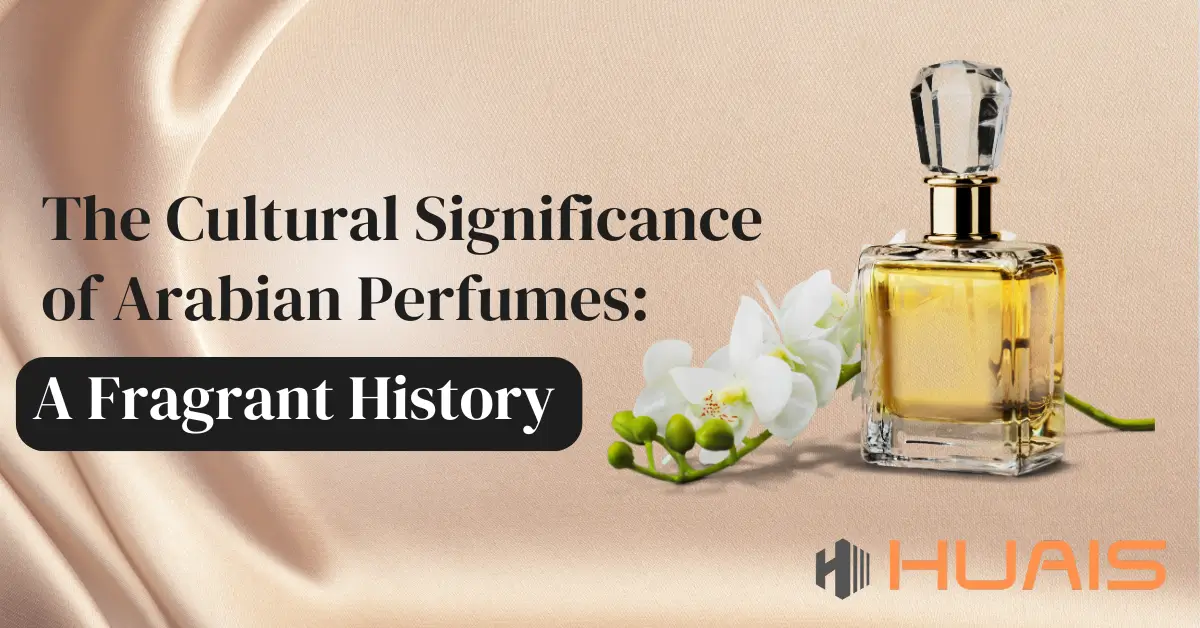
The Cultural Significance of Arabian Perfumes: A Fragrant History
admin2024-09-19T14:22:14+00:00The Cultural Significance of Arabian Perfumes: A Fragrant History
Arabia has an ancient, fragrant legacy when it comes to perfumes. Aromatic oils, incenses, and attars have held profound cultural and symbolic meaning in this region for thousands of years. Let’s explore the rich history and traditions surrounding perfumes in the Arab world.
Historical Background
The art of perfumery dates back over 5,000 years in Arabia. Some of the earliest distilled perfumes were created here using ingredients like frankincense, myrrh, and other natural resins and spices. Burning aromatic wood chips and resins as incense was also an ancient Arabian custom.
Perfumed oils played an important role in religious ceremonies and rituals throughout the ancient civilizations of this region. Precious frankinscense was traded along ancient routes from southern Arabia to places like Egypt, Greece, and Rome.
Religious Associations
Even today, certain perfume ingredients and the act of applying fragrance carry religious significance in Islam. The Quran mentions specific aromas like rose, musk, and oudh (agarwood) as signs of paradise and having spiritual properties.
In the Arab world, it is considered respectful to burn bakhoor (woodchip incense) and apply perfume oils before entering the mosque for prayer. Wearing nice scents is also encouraged for the Friday congregational prayers.
Social Customs
Perfumes are deeply woven into Arab social customs and etiquette around hospitality. When guests arrive, it is traditional to burn bakhoor and pass around perfume oils or rose water for them to apply. This centuries-old practice aims to honor visitors and make them feel welcome.
Gifting Traditions
Another age-old tradition is giving perfumes as treasured gifts for special occasions. Elaborately packaged perfume bottles and attars are a common present for events like weddings, Eid celebrations, baby births, and when traveling to visit loved ones.
Rich Symbolism
Many perfume ingredients in Arabia also hold symbolic cultural meanings that stretch back centuries:
– Oudh (Agarwood) – Known as the “Wood of the Gods,” this rich, musky scent is linked to spirituality and connecting with the divine.
– Rose – Represents purity, femininity, and is associated with special ceremonies.
– Musk – Once used only by royalty, musk has long signified luxury and status.
– Amber – This warm, resinous aroma is believed to attract wealth and prosperity.
Ending notes
Beyond their aromas, traditional Arabian perfume-making methods showcase the history, cultural exchange, and blending of influences from across ancient trade routes. Many families closely guard their ancestral perfume recipes passed down through generations.
With deep symbolic meanings, religious ties, and customs honoring their use through the centuries, Arabian perfumes provide an alluring glimpse into the fascinating history and heritage of this region.


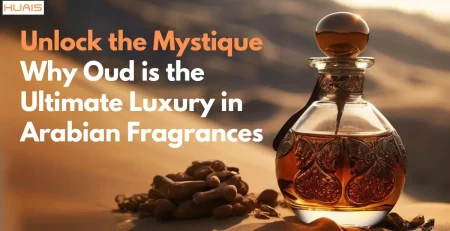
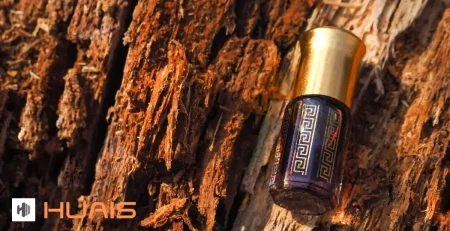


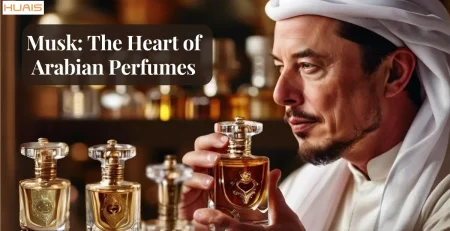

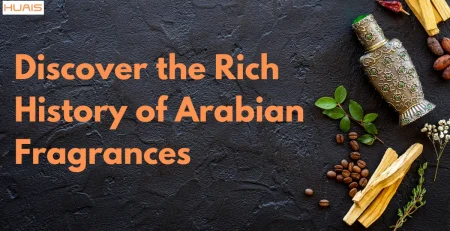
Leave a Reply